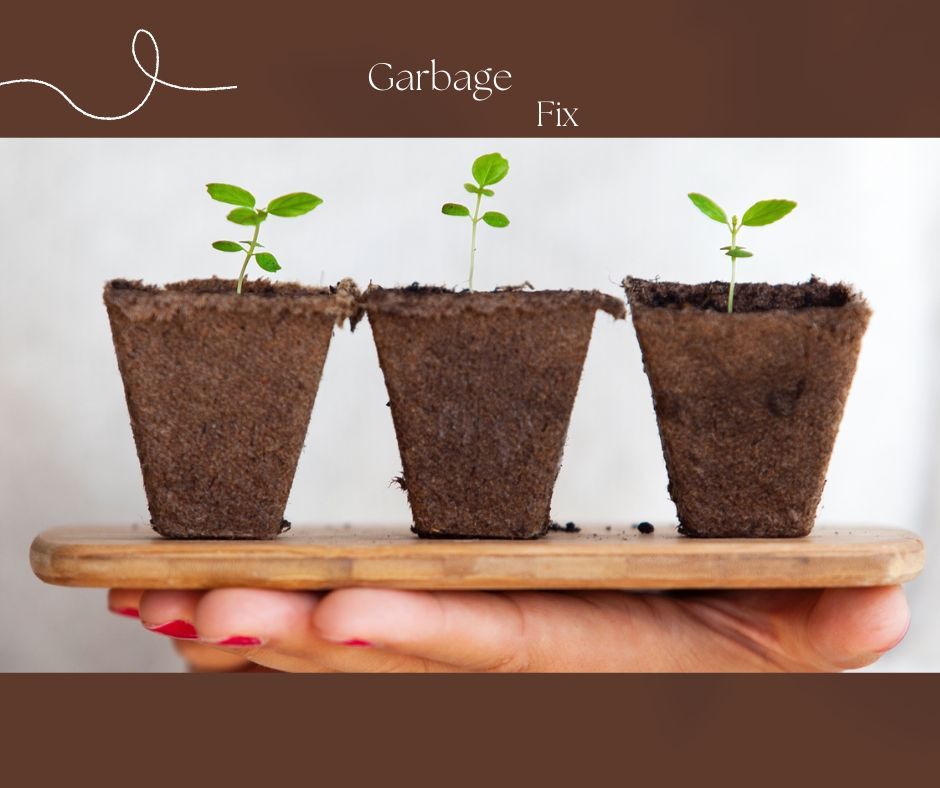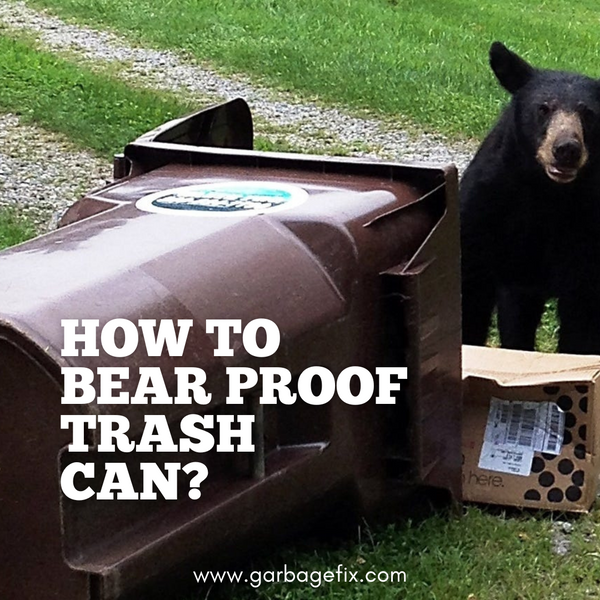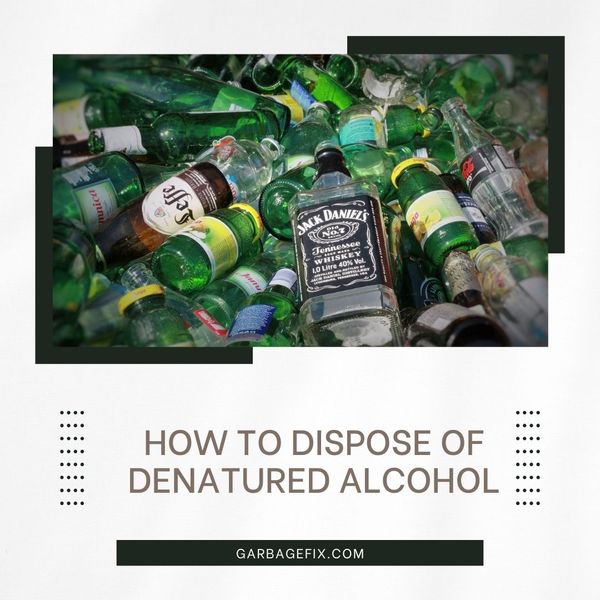The most evident is that it damages the atmosphere and depletes our planet's limited supplies. Waste is dangerously expanding in parallel with our growing global population. It releases poisons into the environment, pollutes the water, and devastates the land.
Waste is produced due to the use of disposable products such as paper cups, plastic bottles, and food packaging. You can reduce your use of these products by bringing your reusable bag when shopping or by bringing your drinking cup when purchasing coffee from a store instead of using a disposable one.
We are taught to buy goods we do not need or that do not add importance to our life, to the harm of upcoming generations.
10 Ways To Reduce Waste - In Everyday Life
It's an unfortunate reality that the Earth we live on is under threat. The amount of waste we produce daily is not sustainable and needs to be reduced.
It's not just limited to the environment but also our health and well-being.
The good news is there are numerous ways to reduce waste in your everyday life. Here are just some of them:
- Reduce food waste by buying only what you need
- Buy items with less packaging
- Buy from bulk stores or bring your containers
- Compost organic waste instead of throwing it away
- Reuse items as much as possible (e.g., make costumes out of old clothing, use old towels as rags, etc.)
Let's find out other ways to reduce waste and save our environment because everyone should be aware of How Does Trash Affect The Environment?
Buy Local Produce
Food locally grown items tend to have less packaging than their imported counterparts because they do not have to travel as far before reaching consumers. Buying local produce also allows farmers to make more money from their crops because they don’t have to pay for transportation costs associated with transporting them from other countries or states. Buying local produce also means that there are fewer carbon emissions released into our environment since fewer trucks will be on the road transporting goods from farm to marketplace
Stop Food In Plastic Wrapping
Unfortunately, much food is nowadays covered in plastic. Every year, we generate tons of waste, most of which consists of packaged foods. You'd probably find a lot if you go out and look at your garbage right now. That is the most challenging thing we have to deal with daily. Since businesses cover most of their stuff in plastic, try to choose meals that don't come in plastic containers.
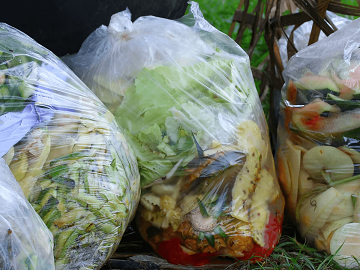
Make Your Clothes Last Longer
Dropping off outdated clothes to a tailor for repair among grocery visits, even in the age of rapid style, is generally less costly than getting new. However, you might try doing the stitching at home to save the visit. When your child's pants create a hole, sew these gorgeous genuine spots can completely do it yourselves, and it will take quicker than you'd imagine.
Stop Wasting Food
Every year, about ⅓ of all foodstuff produced for human use in the globe is wasted. Every year, the normal family wastes $500 in food. These numbers are disturbing and highlight the significant work that needs to be done to reduce food waste. If you have food left over, put it in containers and save it for the next day.
Plan your meals for the week, and don't spend too much on things you will not eat. Try to be more organized and planned about what you eat. Food must never end up in waste trash; if it does, we must focus on why and devise a remedy for the next time.
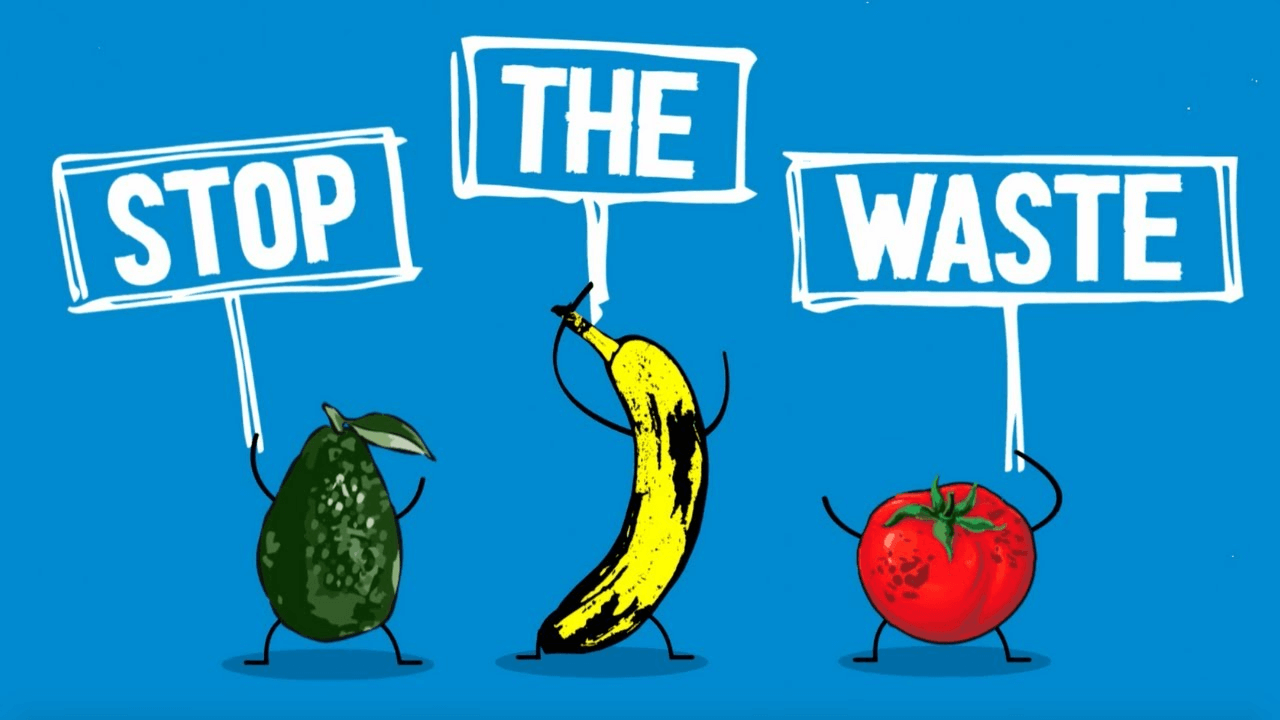
Take Part In Purchase-And-Sale Groups
Keep your unwanted things out of the trash while earning some quick cash. There are various online buy-and-sell organizations. Yes, anyone could be interested in that machine you never used, the skates too small for your child, or the wooden coffee tables in the bottom - they'll perhaps come to take it up or pay you with cash.
Go For The Natural Substitutes
Along the same line as using recyclable things, a push into purchasing all organic items may also help us reduce our total garbage production and have a plastic-free lifestyle.
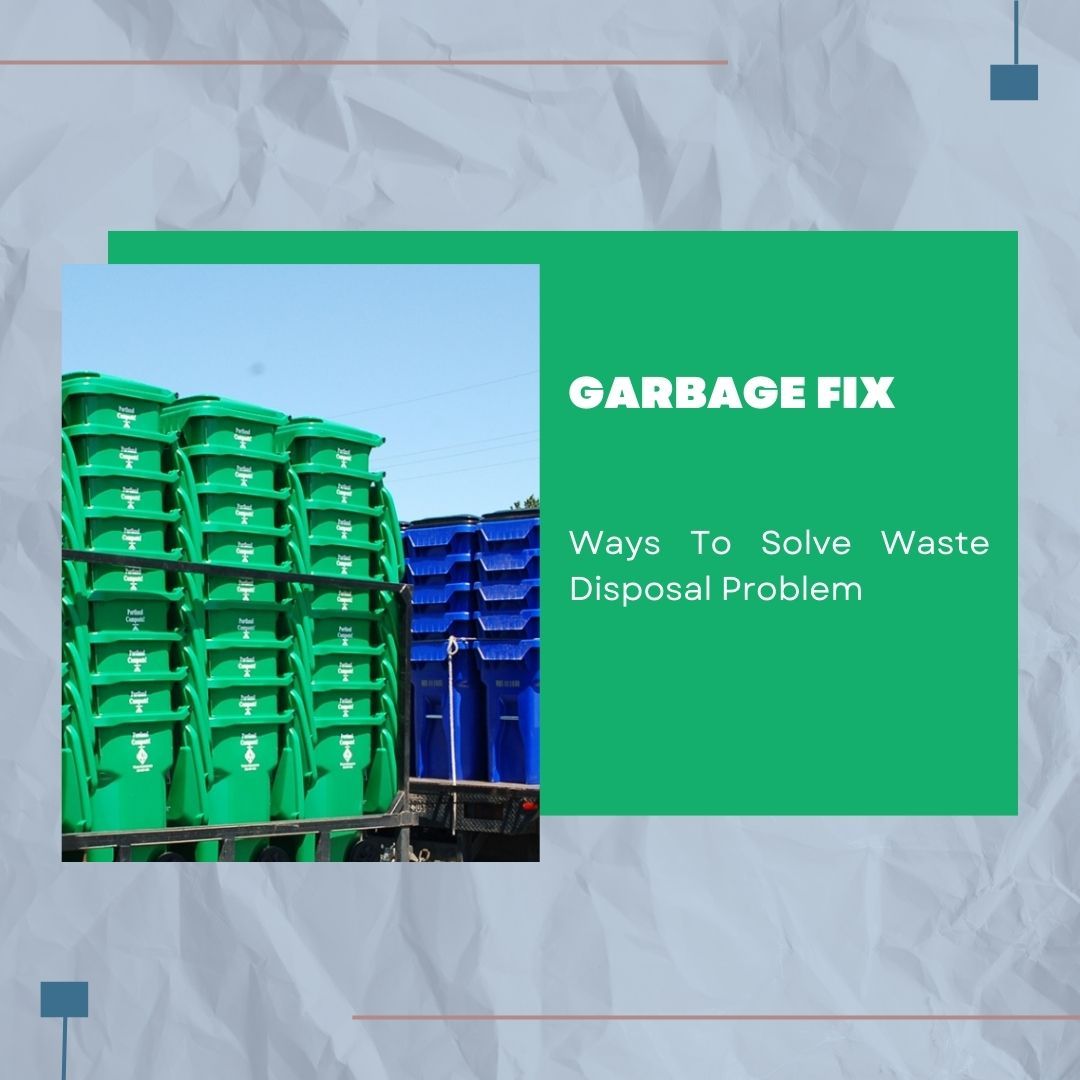
Instead of purchasing plastic or metallic versions of items, think about what natural remedies are there. For instance, holidays are often preceded by a wave of low-cost material decorations. They often try to depict something natural: On the tabletop is a Christmas tree, a plastic decoration, and plastic platters of snacks.
Reduce Your Reliance On Disposable Products
Recycle
Recycling is the process of making something new out of something old. Recycling is done in many ways, from using old items creatively to transporting used materials to processing plants. Using less energy to gather materials, fewer emissions of gases, and slower deforestation are all benefits of recycling.
Bring Reusable Bags For Shopping
You can carry all your purchases home in reusable, recyclable bags. Take these bags with you when you buy garments, books, home items, etc. Disposable production bags are used to buy food products from the supermarket. Alternatively, buy foldable paper bags and carry them in your luggage, keychain, or wallet at all times.
If you need a more drastic solution, try leaving the store without bags or forcing yourself to go home and get them if you forget them. You'll remember these terrible experiences and be more likely to miss your luggage the following time.
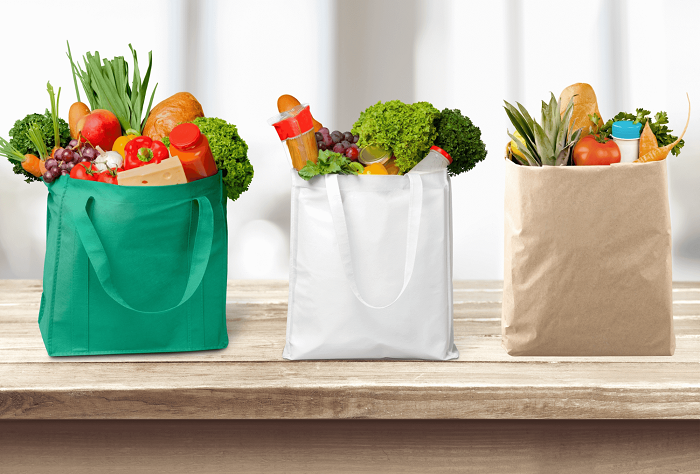
Please Use Caution While Disposing Of Electronic Garbage
Landfills are becoming more overburdened due to the disposal of obsolete electronic equipment. Find out whether the manufacturer offers drop-off programs for your e-waste before you throw it out on the curb since the gadgets' components may contain chemicals of concern.
Reuse
If you own one-time-use bags, reuse them. Take your cup to a coffee shop. Carry your recyclable takeout boxes to restaurants. You should pack Meals in a recyclable bag with recycled packages for holding food and drink. Recycle storage boxes or other items for crafts and storage.
Reuse printed sheets on which just one side is utilized as scratch paper. Rags, fabric, and thread are just some of the many uses for old clothes and linens.
How Can We Reduce Waste At Home?
Composting
Do you know that a third of your waste may be recycled in your backyard? Compostable items include fruit and vegetable waste, egg shells, coffee grounds, grass trimmings, and leaves. While recycling takes more work than the previously mentioned living adjustments, it will deliver a great payback on your time and energy invested. According to the circumstances, you might have waste to put in your garden in 4 to 12 months.
You'll spend money on compost; if you produce your veggies, you'll probably receive better harvests. The biomass will also function as a mop, soaking more water, so you won't have to water your plants as often, saving you money and time.
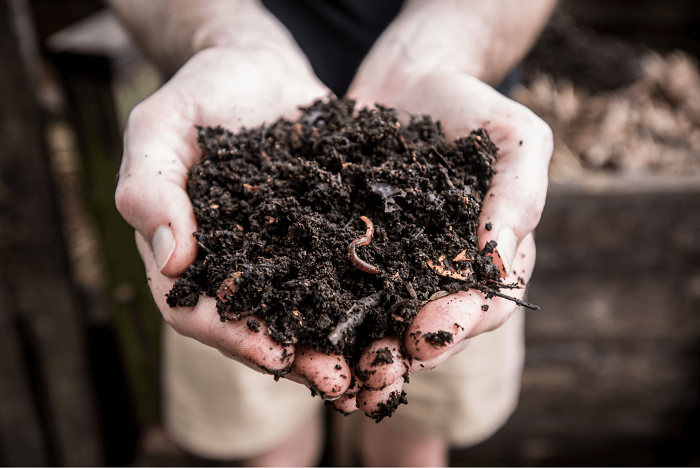
Help Save Food From Going To Waste
Most percent of the waste is generated at home each year. Ask yourself whether the food has gone bad to the point where it has to be thrown out before you do so. Make it a practice to check the dates on the food inside the fridge so you can prepare meals properly. Throw out expired foods in the compost. Through the process of composting, otherwise useless organic materials become a source of fertilizer.
Don't Throw Away Those Glass Jars
Cleaning Rags And Clothes
Use reusable cloth napkins, cutlery, and toilet paper instead of paper products. To clean up spills and dust off the furniture and floors, grab a handkerchief, washcloth, cloth napkin, towel, or cleaning rag. Use and then throw in the wash afterward. A hot wash followed by drying in the sun is an effective way to kill germs.
10 Eco-Friendly Ways To Reduce Wastes
- Use Reusable Bags: Use reusable bags instead of disposable plastic bags when grocery shopping. These bags are made of durable materials and can be used multiple times.
- Say No to Single-Use Plastics: Avoid using single-use plastics such as straws, plastic cutlery, and water bottles. Choose reusable alternatives like metal or glass straws, bamboo cutlery, and refillable water bottles.
- Composting food scraps and yard waste is a great way to reduce waste. The compost can be used as a natural fertilizer for plants and gardens.
- Buy in Bulk: Buy food items in bulk to reduce packaging waste. This also saves money in the long run.
- Use Cloth Towels and Napkins: Switch to cloth alternatives instead of paper towels and napkins. They are washable and reusable.
- Recycle: Recycle all recyclable materials such as paper, glass, plastic, and aluminum.
- Donate or Sell Unwanted Items: Instead of throwing away unwanted items, donate or sell them. This reduces waste and benefits others.
- Use Reusable Containers: Use reusable containers for storing food instead of plastic bags and wraps.
- Buy Second-Hand Items: Buy second-hand items such as clothing and furniture instead of new ones. This reduces the demand for new items and reduces waste.
- Use Energy-Efficient Appliances: Use energy-efficient appliances that consume less power and produce less waste. This also saves money on energy bills.
Conclusion
To help cut down on waste problems, we highly recommend giving these suggestions some thought. Recycling is one solution that may assist us in resolving our concerns with garbage. It is also our responsibility to raise awareness about this issue worldwide.


